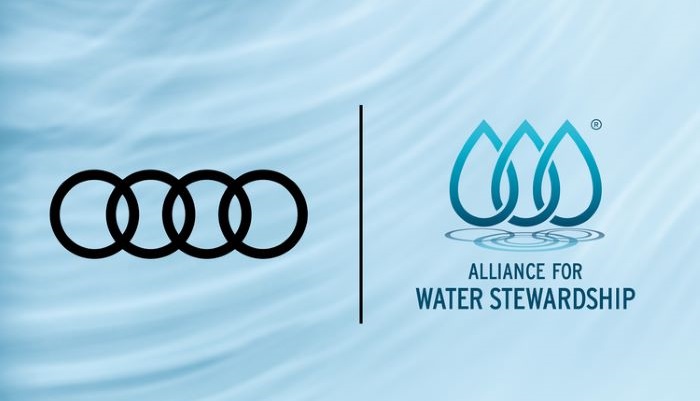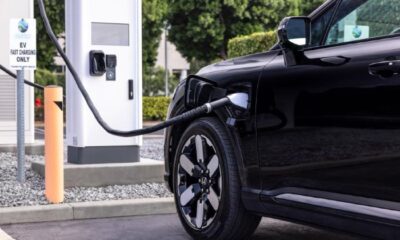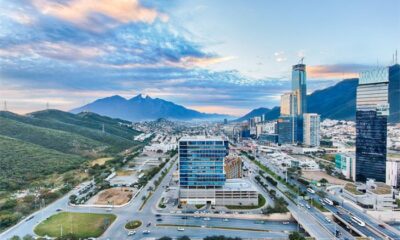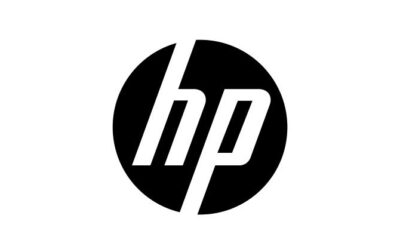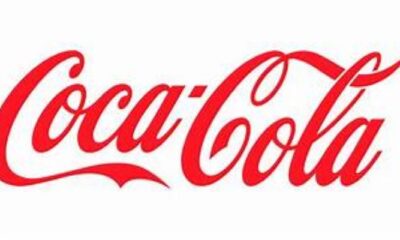Clean drinking water is one of the world’s most valuable resources: Audi has therefore made the economical and efficient use of water a priority in its Mission:Zero environmental program. The company wants to keep its own water consumption as low as possible and in the future no longer use drinking water in production. By 2035, the ecologically weighted water consumption 1 at the five Audi Group production sites per vehicle manufactured is to be reduced from 3.75 cubic meters of water to around half, around 1.75 cubic meters. In addition, Audi, together with its suppliers, is committed to economical water consumption along the entire value chain.
By joining AWS, the automaker is expanding its commitment to sustainable water management. “As a manufacturer, we have a duty to ensure careful and environmentally friendly use of valuable resources along our value chain,” says Dirk Große-Loheide, Board Member for Procurement and IT. “The membership and cross-sector cooperation with leading industrial companies in the AWS network underpin our commitment to this and at the same time offer an important exchange platform with other companies.”
Overview of social, ecological and economic aspects
The AWS standard is an internationally applicable framework for companies and organizations with the aim of using water as efficiently as possible (water management) and taking into account all relevant interest groups in the respective catchment area (responsibility for water resources). To achieve this, the AWS emphasizes a concept of water resource stewardship that goes beyond water stewardship and encompasses five goals: good water stewardship, water sustainability, good water quality, important water-related areas, and safe water, sanitation, and hygiene ( WASH). “Audi is one of more than 170 companies that are playing a pioneering role in responsible water management. At AWS, we see membership as both a demonstration of commitment to the principles of water resource stewardship and a practical way to strengthen internal performance around water-related goals and sustainability ambitions. We are delighted to welcome AUDI AG to our alliance and look forward to the contributions they can make in building global multi-stakeholder collaboration for a water-safe world and leadership in the automotive sector,” says Adrian Sym, CEO the AWS.
Water consumption on site and within the supply chain
The process of AWS certification of the Audi plant in San José Chiapa, Mexico, is currently underway. It is the first Audi location to be audited by AWS. Here, the water management is examined both at the level of the site and at the level of the catchment area. Where can water consumption be reduced? Where to prevent water pollution? And how can Audi ensure that other parties, such as local farms, are not disadvantaged? In addition to direct water consumption in production, sustainability within the supply chain is also important. “The production of batteries, metals and glazing is associated with high water consumption,” says Marco Philippi, Head of Procurement Strategy at Audi. “Therefore, we want to use the contribution in the AWS,.”
Mexico: Audi location with pioneering water management
The newest Audi location, San José Chiapa, is a pioneer in the economical use of water as a resource. The plant has been producing without producing any waste water since 2018. “Especially in a country threatened by drought like Mexico, the resource-saving use of water is very important,” says Tarek Mashhour, CEO of Audi México. “We are proud to be involved in the AWS standard certification.”
The plant has biological water treatment and a reverse osmosis system with an annual capacity of 320,000 cubic meters. With this treatment system, around 150,000 cubic meters of water can be saved per year by returning it to the production processes. There is also an on-siteWater reservoir with a capacity of 234,000 cubic meters .
From Neckarsulm to Brussels: on the way to a closed water cycle
Measures for sustainable water management are also making progress at other Audi locations. Audi Brussels, for example, is investing with its Belgian partner company Hydria in the “reuse” project to integrate the Brussels-South sewage treatment plant into the water supply of its production site. This creates a closed water cycle that saves around 100,000 cubic meters of drinking water per year. The Audi plant in Neckarsulm aims to obtain its service water exclusively from the outflow of the Unteres Sulmtal sewage treatment plant by 2025, into which the site also discharges its waste water. The cycle obtained in this way reduces the need for fresh water by more than 70 percent.
- Mission:Zero environmental program: Audi measures along the value chain
- Sustainable water management in Mexico: from reverse osmosis to stormwater basins .
- Gray water instead of fresh water: Audi Brussels invests in “Re-use” project
- Neckarsulm: closed water cycle between factory and sewage treatment plant
1 The ecologically weighted water consumption enables the absolute water requirements at the Audi locations worldwide to be compared, taking into account the locally prevailing water stress factors and the use of rainwater. In this way, savings can be prioritized where the availability of water is particularly scarce.
Source – Audi

